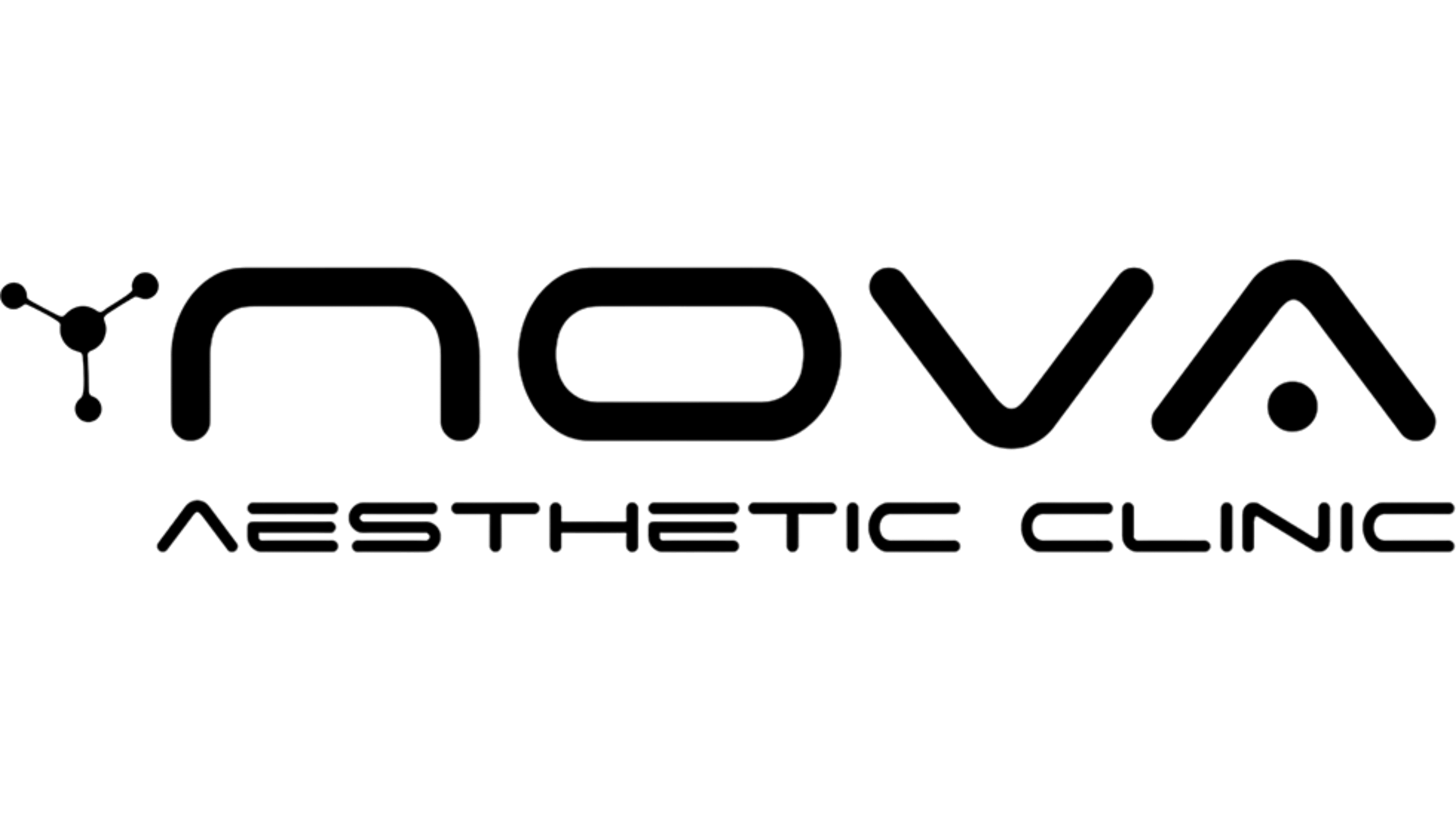top of page
Diabetes Type 1 & 2 Management
“Control blood sugar and live a healthier life naturally.”
1 hr1 hNova Aesthetic Clinic
Cancellation Policy
We understand that plans can change. If you need to cancel or reschedule your appointment, please inform us at least 24 hours in advance. Cancellations made with less than 24 hours’ notice may incur a cancellation fee. No-shows may result in a full charge or loss of advance booking. Repeated cancellations without notice may impact future booking privileges. This allows us to accommodate other clients and manage our schedule efficiently.
Contact Details
Thakur Tyres, West, Bail Bajar, Kurla, Mumbai, Maharashtra, India
+919619931500
info@novaaestheticclinic.com
bottom of page
